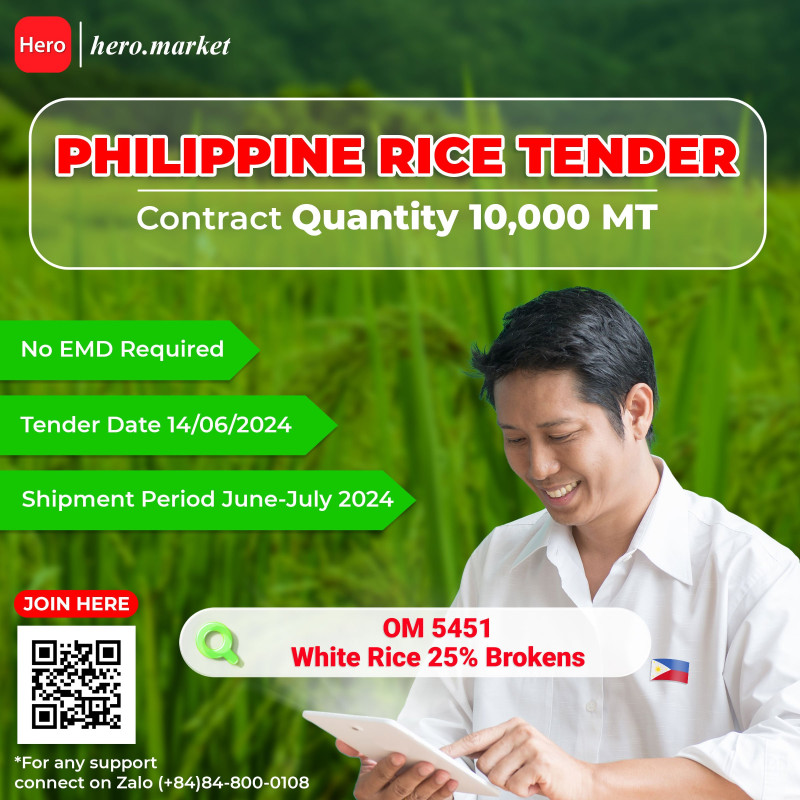Women Empowerment
At HERO, we are committed to advancing gender equality in agriculture and providing tailored support for women farmers and entrepreneurs. Here, we offer resources to drive progress:
For women farmers - Access training on leadership skills, financial literacy, and technology use. Discover networking groups and mentorship opportunities.
For women agripreneurs - Learn about financing options, running a sustainable business, and marketing products. Connect with female business leaders.
For enthusiasts - Find stories celebrating pioneering women in agriculture. Explore NGO partnerships empowering women.
We provide data-driven insights on:
- The business case for women’s inclusion across agriculture
- Innovations that benefit women disproportionately
- Policy and cultural shifts needed to promote equality
Women, contributing 60% to 80% of the labour, are significantly worse off due to their low control over resources. While they perform the most labour intensive tasks in the value chain (e.g., transplanting, weeding, or harvesting), their work is often unrecognized.
This is primarily due to gender norms that place a lower value on women’s work and exclude them from the higher value-generating aspects of the production chain. In addition, women often do not have land ownership. For example, in Tanzania, women own only 19% of land despite being the major rice workers in the country.
They also have less access than men to knowledge, skills, and productive assets, including agricultural inputs, improved seeds, land, and credit, among others. With rice productivity at risk due to climate change, the livelihoods of smallholder farmers and women will be most affected. At the same time, these farmers are resource-poor, limiting their potential to invest in operations and tools to improve yield and adopt sustainable practices.
Our goal is to help women maximize incomes, influence, skills and networks throughout agricultural value chains. We believe women are essential to building inclusive, prosperous and sustainable food systems. Join us in bringing gender balance to the future of farming!
©2024, Hero Market


